| |
|
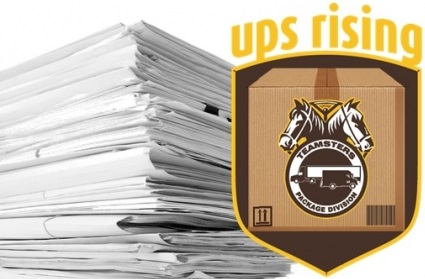
Teamsters UPS National Negotiating Committee Reaches Settlement in Principle on National Master UPS Agreement
The National Negotiating Committee has agreed to a settlement in principle on the National Master UPS agreement, subject to the resolution of supplemental agreements and approval by UPS local unions. The term of the national agreement is set at five years, expiring on July 31, 2023.
Visit the 492 UPS & UPS Freight Negotiations 2018 Page for more updates.
Highlights from the economics in the agreement include:
- Article 22 Part Time Employees: The committee increased the number of full-time opportunities for the part-time members. The committee has also made significant improvements on the part-time wage structure and start rate. The current four-year wage progression ($10.00 to $12.50 over four years) has been eliminated. Instead, there will be a start rate that increases significantly in each year of the contract, from $13.00 on August 1, 2018, reaching $15.50 on August 1, 2022. The two-tier wage structure has been eliminated as well; all part-time employees hired after August 1, 2018 will make the new higher start rate. The new General Wage Increases total $4.15 over the five-year Agreement with no split wage increases. Existing part time employees will receive the General Wage Increases and make no less than the new start rate.
- Article 34 Health & Welfare and Pension: Protecting the health & welfare and pension was a top priority for the members. The committee has negotiated substantial increases to the employer contributions to the various benefit funds, and increased pension benefits under the part-time UPS Pension Plan and the full-time UPS/IBT Pension Plan.
- Article 41 Full-Time Employees: Significant increases to the full-time progression rates and general wage increases have been tentatively agreed to, totaling $4.15 over the life of the Agreement. A new classification of full-time combination driver starting at $20.50 and reaching a top rate of $34.79 by August 1, 2022. This provision will help to resolve several membership concerns, including Saturday and Sunday delivery, excessive forced overtime, time off, create additional high paying, full-time opportunities for part-time employees and provide thousands of additional contributors to our Teamster pension funds.
- Article 43 Premium Services: There is a significant increase to the new hire progression for sleeper teams in Article 43. Mileage rates that far surpass any rates in the industry have been tentatively agreed to. In addition, the National Committee has successfully negotiated a provision to pull many loads that are currently moved by the railroad off of the rails and move those loads to newly created sleeper teams, resulting in at least 2000 new full-time jobs for the members. Sleeper team jobs are the highest paying jobs in the bargaining unit. This will also open up more full-time opportunities for part-time employees as full-time employees fill these jobs, creating full-time openings
There is a meeting scheduled for July 9–12 for any Supplemental Agreements to the NMA that remain unresolved. As of this update there are several supplements that need to be finalized.
Once these Supplements are resolved there will be a meeting of all local unions known as the “two-person committee” (two officers and/or agents from each Local Union representing UPS) to review the tentative agreement.
The specific language on all proposed changes to the NMA and the supplements will then be sent to the membership for review and vote. Voting will be by electronic balloting, using the same procedure as the strike authorization vote. Members should also take the time to review the previous nine weekly updates for information on non-economic language improvements. “I am confident that once the membership has reviewed and understood the changes, they will see that this agreement is among the very best ever negotiated for UPS members,” said Denis
Taylor, co-chairman of the Teamsters UPS National Negotiating committee. “I realize that the membership is anxious to see the improvements, but as I explained at the beginning of this process, the specifics must be held until the Supplements have been settled and the entire proposed contract has been reviewed by the two-person committee. There will be ample time for the members to review and understand the proposed agreement prior to voting. This is the process that has always been followed and I ask the members to be patient as we work to bring them the best possible contract. On behalf of the entire National Negotiating Committee, I also remind the membership, once again, that they should not rely on the misinformation that is circulating on the Internet. The groups that are generating that misinformation do not you’re your best interests in mind.”
UPS Freight negotiations will continue in Minneapolis, July 9-12, with economics and subcontracting as the main topics.
***If you know an UPS member of Local 492 who is not receiving email updates from Local 492, forward this email to them and tell them to CLICK HERE to sign up or call Trey White at 505-344-1925 ex 15***
Visit the 492 UPS & UPS Freight Negotiations 2018 Page
Sign up for the UPS Rising app where you can find the current UPS contract, along with all the UPS contract updates and other news. Visit the UPS Rising Facebook page where members can see the latest updates.
Or visit www.upsrising.org to see all the UPS Rising news. Text UPS to86466 to receive text message alerts (message and data rates may apply)
|
|
|
| |
|
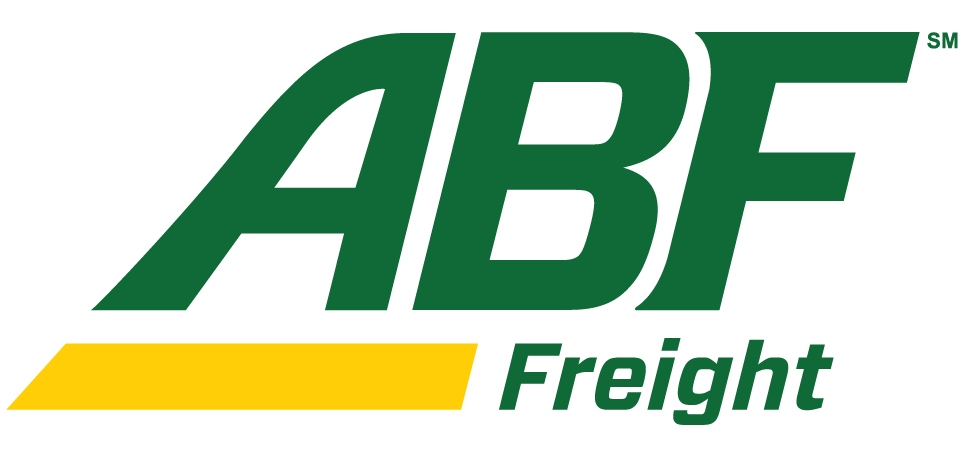
May 10, 2018 - Teamsters employed at ABF Freight System have ratified the National Master portion of the agreement, 3705 (58.5%) YES, 2637 (41.5%) NO. There was a 67.3% turnout with a total of 6342 votes cast out of 9441 total eligible voters.
All 5 of the Western Supplements passed as well, but 9 of the 27 supplements in other areas were rejected and must be addressed before the National Agreement can take effect. “We realize that some of our ABF members have concerns that are unique depending on their areas,” said Ernie Soehl, Director of the Teamsters National Freight Division and Co-Chairman of the Teamsters National Freight Industry Negotiating Committee (TNFINC).
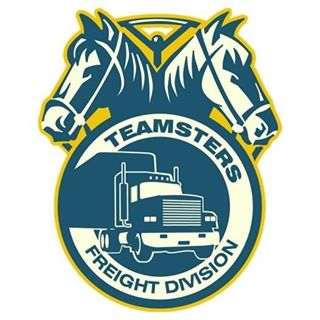
“We will work with the Supplemental Committees in those areas to discuss those issues. We will then work to address supplemental issues with the employer and, if appropriate, seek to obtain revisions to the supplements for re-balloting so that the national master contract and all the supplements can take effect.”
Western Region Supplement:
Total Voters = 1203, which represents 19% of all votes cast nationwide
Western States Area Common Clause – Part I
- 852 (72%) Yes, 329 (28%) No; Total=1181
Western States Pick-up & Delivery Local Cartage & Dock Workers Part II
- 525 (63.5%) Yes, 302 (36.5%) No; Total=827
Western States Over-the-Road Motor Freight – Part III
- 169 (58%) Yes, 122 (42%) No; Total=291
Western States Automotive Shop & Truck Servicing – Part IV
- 16 (89%) Yes, 2 (11%) No; Total=18
Western States Office Employees – Part V
- 43 (64%) Yes, 24 (36%) No; Total=67
The 9 Supplements voted down were:
- Carolina Freight Council Over-the-Road
- JC#7
- JC#40
- New England
- New York State Local Cartage and Over-the-Road
- Northern New England General Freight
- Philadelphia PA Local Cartage and Over-the-Road
- Southern Region Area Local Freight Forwarding Garage
- Southern Region Area Over-the-Road Motor Freight
Votes were counted today at 6 pm and can be viewed HERE.
The national contract covers about 9,500 drivers, dockworkers, mechanics and office workers.
Once fully ratified, the new national contract will restore the week of vacation that was previously given up, will provide annual wage increases, and will significantly improve protections for members from purchased transportation. It will also provide for annual increases to health and welfare funds and maintains the current contribution rates for all pension funds and provides protection to members if a pension fund expels ABF.
|
Download:
 abf-results-2018&Article.pdf abf-results-2018&Article.pdf
|
|
| |
|
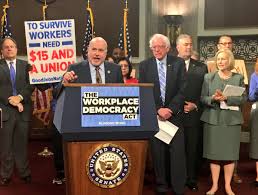
The Workplace Democracy Act
May 9, 2018 -The Teamsters are endorsing legislation introduced by Sen. Bernie Sanders (I-Vt.) today that would enhance the ability of workers to organize and fight for better wages, benefits and working conditions on the job.
The Workplace Democracy Act would ensure more hardworking Americans become part of the middle class by making it easier for workers to join a union. It would repeal Section 14(b) of the Taft Hartley Act, and so-called "right-to-work" (RTW) laws in states across the U.S., the measure would halt intimidation tactics instituted by many companies that are trying to stifle unionization on their job sites.
Jose Ramirez, a former XPO Logistics driver from Aurora, Ill. who was fired for his union activity, said during a Capitol Hill press conference today that the bill would prevent businesses from bullying worker who are trying to organize. "Companies like XPO use fear and coercion to scare their workers from forming their own union," he said. "This bill would protect workers' federal right to organize and ensure that what happened to me couldn't happen to them."
Beyond ending RTW, the bill would 1) allow unions to organize through a majority sign-up process; 2) enact first contract provisions to ensure companies cannot prevent a union from forming by denying a first contract; 3) expand the definition of employer to limit workers being classified as independent contractors; 4) allow for secondary boycotts and picketing; and 5) expand and update the "persuader rule" to limit the use of outside union busters.
Teamsters General President Jim Hoffa said the legislation would stem rising inequality in this country. "Union workers on average make $11,000 more a year than non-union workers," he said. "They also have better health and retirement benefits and are safer on the job. If lawmakers want to expand the middle class, this bill is the vehicle to get it done."
“….Unions are fighting to expand economic opportunity and strengthen the middle class,” said Pocan, a member of the International Union of Painters and Allied Trades “The Workplace Democracy Act restores real bargaining rights to workers and repeals the right to work laws like those that Governor Walker has used to undercut American workers. I’m proud to introduce this legislation with Senator Sanders and stand up for the millions of middle class families who are under attack by Republican leaders.”
“We must no longer tolerate CEOs and managers who intimidate, threaten or fire pro-union workers, who threaten to move plants to China if their workers vote in favor of a union, and who refuse to negotiate a first contract with workers who have voted to join unions,” Sanders said. “If we are serious about reducing income and wealth inequality and rebuilding the middle class, we have got to substantially increase the number of union jobs in this country.”
“The biggest economic challenge of our time is that people are in jobs that do not pay them enough to live on. While corporate profits soar, working people are getting smaller and smaller shares of the wealth they create. Corporate interests are highly organized and fight like hell to make sure their interests are protected—in the economy and in our political system,” Rep. Rosa DeLauro said. “The Workplace Democracy Act aims squarely at that issue by simplifying the process for workers to form a union. We know that when workers are able to collectively bargain, they achieve increased wages and more substantial benefits—like healthcare coverage and retirement security. That is why Congress needs to act immediately on this legislation to make it as easy as possible for people to organize into unions and fight for a fairer economy.”
“Workers win when they band together and use their voices to raise wages and standards in the workplace,” said Rep. Donald Norcross, a member of the House Committee on Education and the Workforce and electrician by trade. “I know how important it is for working families to work together because I lived it. I fought for them at the negotiating table for decades. Now we must fight back against attacks on democracy in the workplace. We need to come together and pass this act to help restore workers’ rights.”
Click Here To Read the Summary of the Act
Click Here To Read the Bill
The bill is cosponsored in the House by Representatives Brendan Boyle (PA-13), Katherine Clark (MA-05), Rosa DeLauro (CT-03), Mark DeSaulnier (CA-11), Keith Ellison (MN-05), Adriano Espaillat (NY-13), Marcy Kaptur (OH-09), Barbara Lee (CA-13), Donald Norcross (NJ-01), Jan Schakowsky (IL-09), Robert C. “Bobby” Scott (VA-03), Mark Takano (CA-41), Debbie Wasserman Schultz (FL-23), and Bonnie Watson Coleman (NJ-12). The bill is cosponsored in the Senate by Senators Tammy Baldwin (D-WI), Cory Booker (D-NJ), Sherrod Brown (D-OH), Kirsten Gillibrand (D-NY), Kamala Harris (D-CA), Patrick Leahy (D-VT), Edward Markey (D-MA), Jeff Merkley (D-OR), Chris Van Hollen (D-MD), Elizabeth Warren (D-MA), Sheldon Whitehouse (D-RI), and Ron Wyden (D-OR).
|
Download:
 Workplace-Democracy-Act.pdf
, Workplace-Democracy-Act.pdf
,
 workplace-democracy-act-summary.pdf workplace-democracy-act-summary.pdf
|
|
| |
|
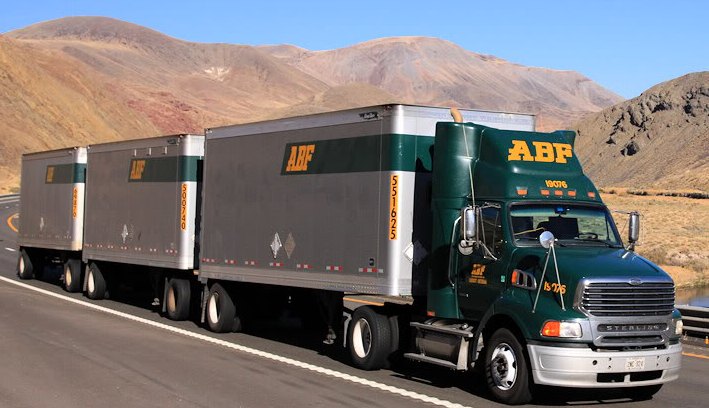
Today in Chicago, Il, leaders of local unions that represent ABF Teamsters met and overwhelmingly approved the tentative ABF National Master Freight Agreement and supplements, paving the way for a member ratification vote to begin later this month. View the IBT Summary Mailer Here
There will be meetings held the later part of next week at the 492 Union Hall and we will be sending/posting the notice for that as soon as we nail down the schedule.
One of the questions being asked is about the vacations. If ratified, your 1 week of vacation will be given back to you in the same time frame as it was taken. After the contract was ratified in 2013, the ABF members in the West did not lose the 1 week vacation until their anniversary date, so some lost is sooner than others. Those that lost it sooner, will now get it back sooner, those that lost it later, will now get it back later.
Another question was about the raises. The raises can be found on page 25 of the ABF NMFA TA and will go into effect on July 1st of each year, if ratified. There will also be a $1000 bonus upon ratification, and the profit sharing table will also be in effect which is 1% of your gross earnings in a calendar year in which ABF operates at a 96 or below, 2% if below 95, or 3% for anything below 93. The tractors will also be increased from 62 MPH to 65 MPH.
Another popular question is about PT. If ratified the PT allowed percentage will drop from 6% to 5% for the life of the contract.
Below are the TA's
2018 – 2023 ABF National Master Tentative Agreement
Western Region Supplements:
Western States Area Common Clause – Part I
Western States Pick-up & Delivery Local Cartage & Dock Workers Part II
Western States Over-the-Road Motor Freight – Part III
Western States Automotive Shop & Truck Servicing – Part IV
Western States Office Employees – Part V
|
|
|
| |
|
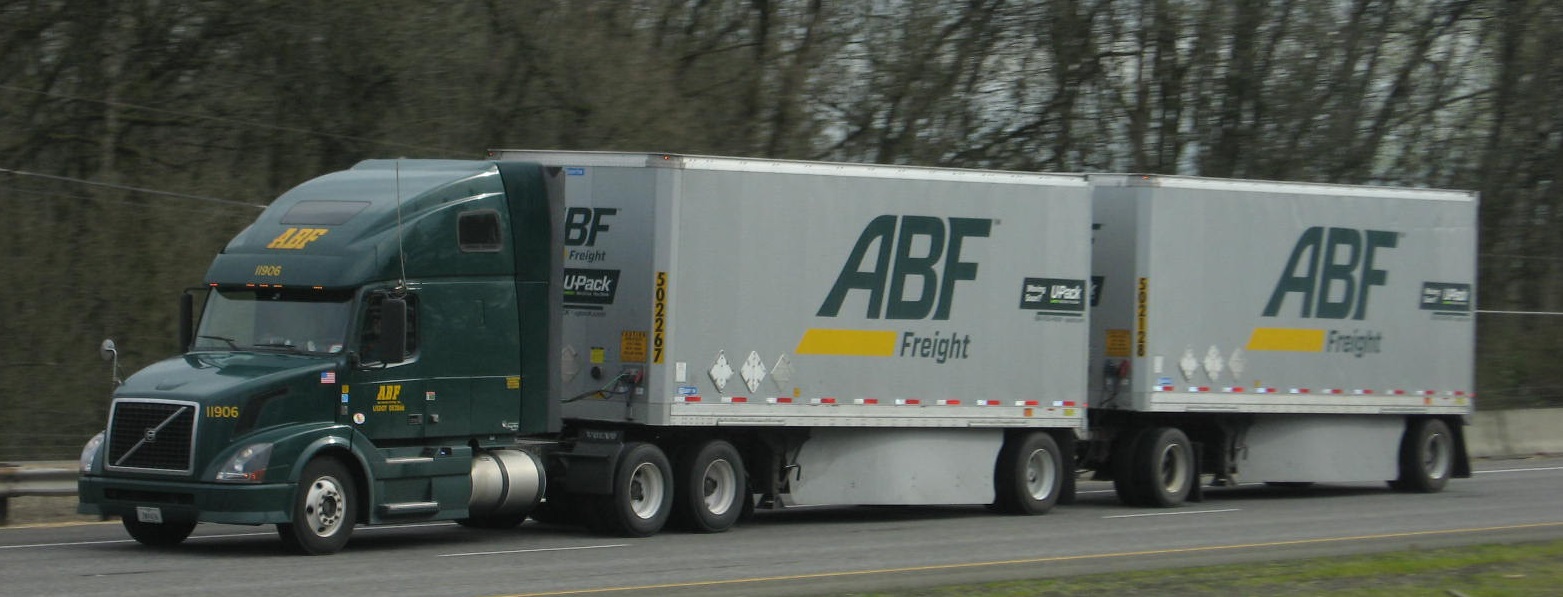
The Teamsters National Freight Industry Negotiating Committee (TNFINC) and ABF Freight System reached a tentative contract agreement, Ernie Soehl, Co-Chairman of the TNFINC, announced today.
No further details will be released until leaders from Teamster local unions that represent ABF members meet in the next two weeks to review the tentative agreement and approve sending it out for a membership ratification vote.
The parties agreed to an extension of the current agreement to allow for the ratification process to take place.
Once the upcoming meeting takes place, the union will release more information.
Visit the Teamsters 492 ABF Negotiations Page for all the updates. Visit the new ABF Teamsters Facebook Page
Text "ABF" to 86466 to receive text message alerts (message and data rates may apply). Or visit www.teamster.org and click on the Freight Division page, then click the “ABF Contract Updates” button. The contract updates page is https://teamster.org/abf-contract-update
|
Download:
 abf_update_march_28_0.pdf abf_update_march_28_0.pdf
|
|
| |
|
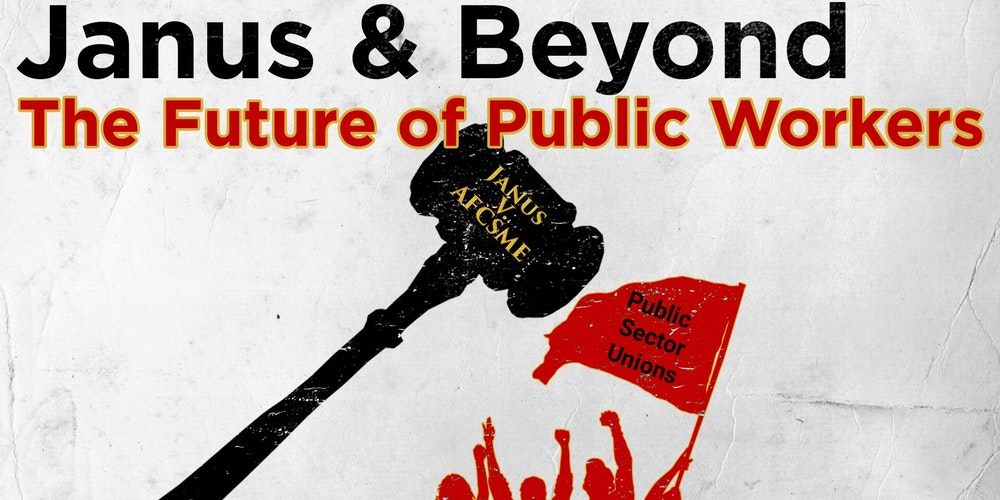
Janus vs. Fair Share Fees
The organizations financing the attack on unions’ ability to represent workers
Written By EPI
Over the last decade, a number of cases attacking the rights of public-sector union members have been quietly working their way through the courts and, finally, up to the U.S. Supreme Court.
The most recent of these challenges is Janus v. AFSCME Council 31, which the U.S. Supreme Court will hear on February 26. If the court rules for Janus, it will likely have the most significant impact on workers’ freedom to organize and bargain collectively in 70 years.
Janus is the third case to come before the Supreme Court in five years involving public-sector unions’ ability to collect “fair share” (or “agency”) fees. As this report will show, Janus, and the two fair share cases that preceded it, did not grow from an organic, grassroots challenge to union representation. Rather, the fair share cases are being financed by a small group of foundations with ties to the largest and most powerful corporate lobbies. These organizations and the policymakers they support have succeeded in advancing a policy agenda that weakens the bargaining power of workers. In Janus, these interests have focused their attack on public-sector workers—the workforce with the highest union density.
We examine the core group of organizations financing this litigation. By tracing the origins of these legal challenges, and explaining how the challenges target unions, we show that challenging fair share fees in the courts appears to be part of a broader billionaire-financed agenda to weaken unions and shift power away from ordinary workers.
How fair share fees prevent “free riding”
A union is required to represent a nonmember worker who is mistreated by the employer as the nonmember pursues a costly grievance process, even if it costs the union tens of thousands of dollars. Fair share fees enable the union to charge nonmember workers for the right to access that service if they need it. Without the ability to collect fair share fees, the nonmember worker could access these expensive representation services without having paid a dime.
Workers who choose not to pay union dues also receive the higher wages and benefits that the union negotiates on behalf of its members. Eliminating fair share fees encourages “free riding”: workers paying union dues see coworkers who are paying nothing but getting the same benefits, and they decide to leave the union and stop paying union dues. Public-sector unions have worked for decades to protect the rights of the teachers, nurses, firefighters, police officers, and other public servants that communities depend on. Taking away unions’ ability to collect fair share fees—while they are nonetheless required to provide services and representation to nonmembers—would threaten the very existence of unions by weakening their financial stability.
The possibility that workers could decide not to pay for the union benefits they receive if fair share fees are outlawed does not mean that they do not value these benefits. This proposition was explained in an amici curiae brief to assist the Supreme Court in understanding the free-rider problem at issue in Janus v. AFSCME, which was signed by 36 distinguished economists and professors of economics and law, including three Nobel laureates. The scholars explained that the free-rider problem is a well-established concept in economics. In particular, the brief shows it is widely accepted that if an individual chooses not to pay for a resource provided to him or her for free, it does not mean the individual does not value the resource, and that when individuals who benefit from a resource do not pay for it, the resource will be underprovided.
For example, as the brief points out, a recent union recertification election in Iowa revealed that a majority of workers in the bargaining unit voted in favor of continuing to be represented by the union, even though most of them also opted out of paying fair share fees. A recent change in Iowa state law requires public-sector unions to hold a vote and be recertified before each new contract negotiation, and recertification requires not just a majority of those voting but a majority of all workers covered by the collective-bargaining agreement—union members and nonmembers alike. Since Iowa state law already prohibits fair share fees in public-sector unions, the nonmembers are not required to pay fair share fees, even though they are covered by and benefit from the union’s contract.
In October 2017, the election results for AFSCME Iowa Council 61 revealed that 83 percent of all employees covered by the union’s collective-bargaining agreements voted in favor of recertifying the union.5 Only 15 percent of the workers failed to vote, and only 2 percent voted against the union. Yet a mere 29 percent of workers who are union members pay all of the costs of the union’s collective bargaining—despite the fact that the vast majority of employees agree they benefit from, and affirmatively voted for the union. The remaining 71 percent of the workers in the bargaining unit are free riders, in that they are covered by the union contract but are nonmembers and do not pay any fair share fees because Iowa’s law prohibiting fair share fees allows people to obtain the benefits without paying for them.
Click here to read the full report
|
Download:
 Fair_Share_Fees&Janus.pdf Fair_Share_Fees&Janus.pdf
|
|
| |
|
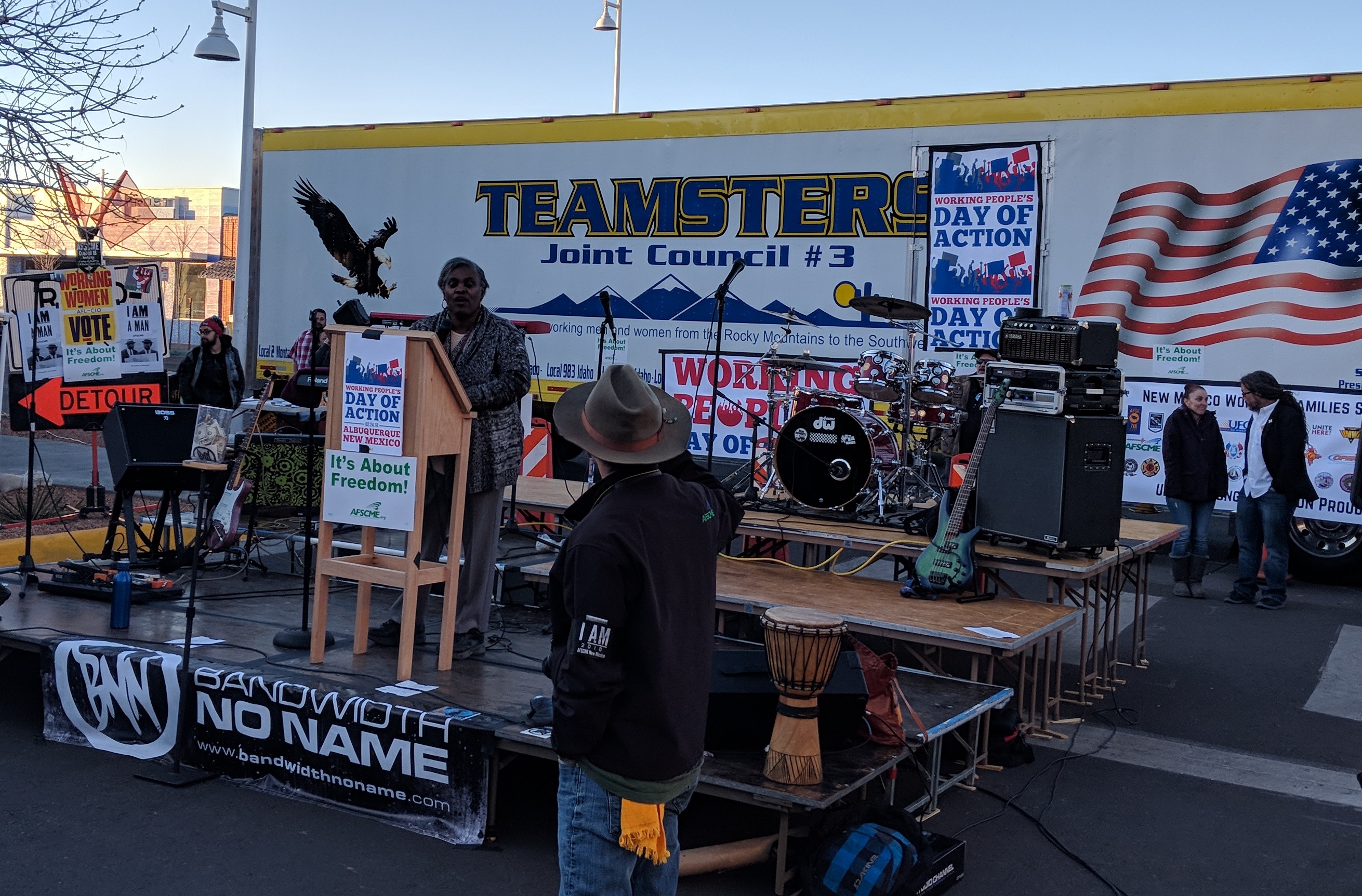
Working People’s Day of Action in Albuquerque
Today Saturday, February 24, New Mexico stood with thousands of working people across America as workers united to demand an end to a system and an economy that’s rigged against the worker. Hundreds showed up at Nob Hill and viewed the Teamster Joint Council #3 Truck as the backdrop for the event.
View Pictures of the event here.
The “Working People’s Day of Action” was about demanding an end to the rigged economy and defending our freedoms to join together and bargain collectively, to fight for decent and equitable pay for our work, affordable health care, quality schools, vibrant communities and a secure future for all of us.
There was live music by “Bandwidth No Name” who performed in front of our Teamsters JC3 Truck. Speakers at the event included the newly elected Mayor of Albuquerque Tim Keller, longtime labor supporter NM State Representative Sheryl Williams Stapleton, and many labor other labor leaders.
Thanks for everyone that showed up!!! A special thanks to Teamsters 492 Business Agent Tracy McCarty for coordinating with the JC#3 to get the Truck down here and for spending his Saturday day off to make sure the truck was there are ready to go for the event.
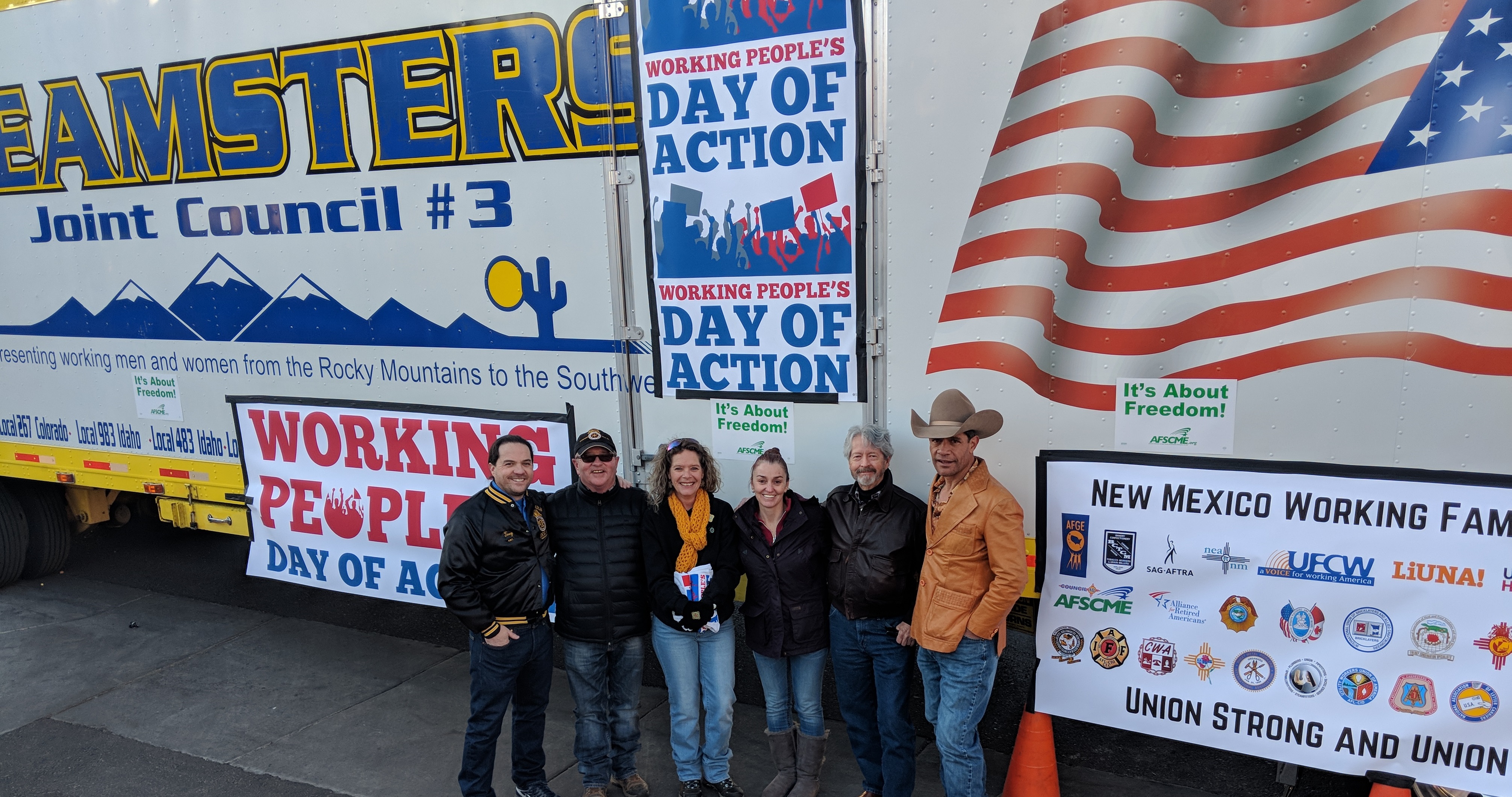 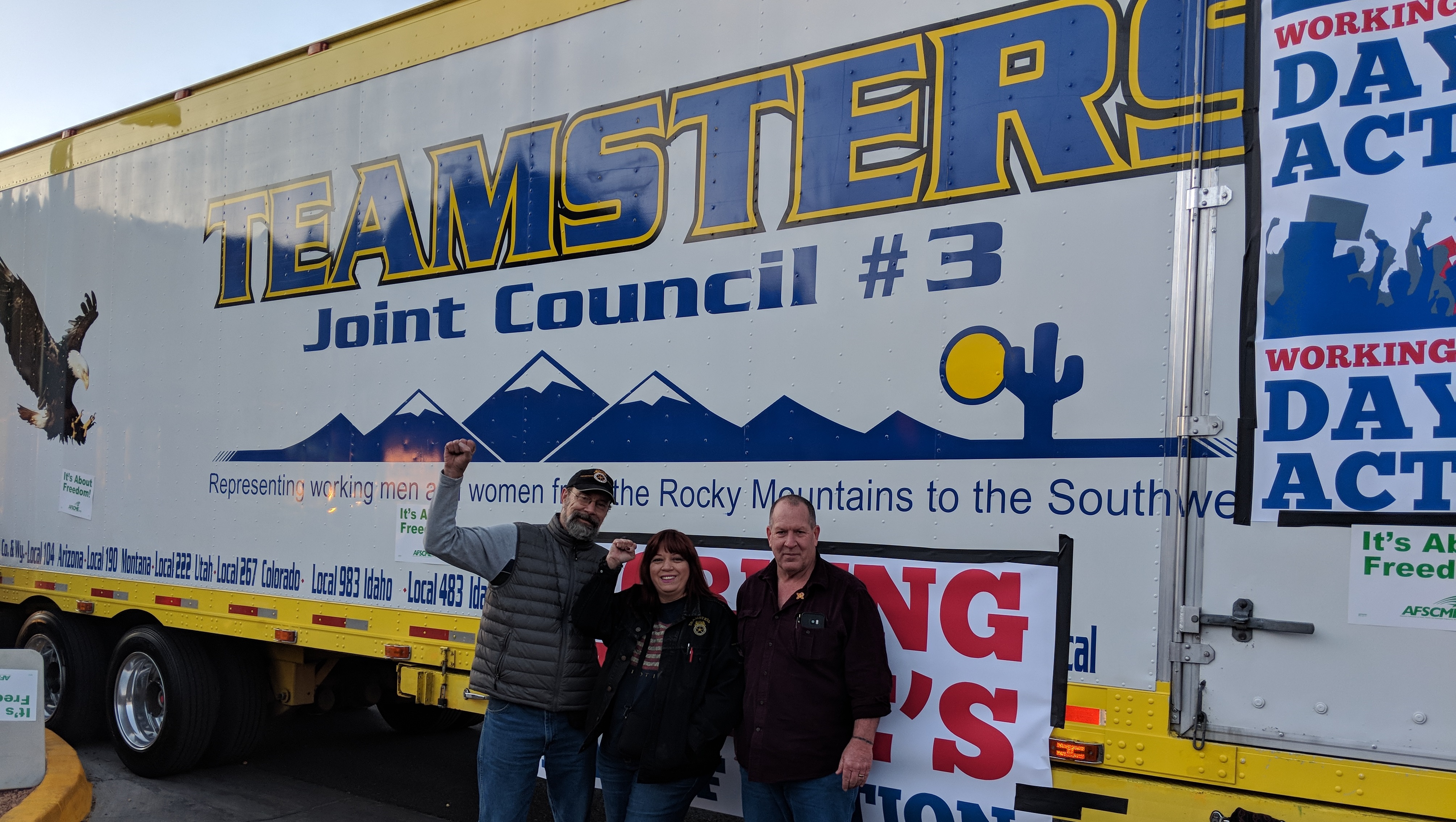
|
|
|
| |
|
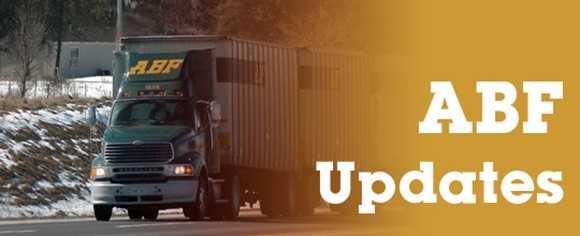
TEAMSTERS MAKE PROGRESS THIS WEEK AT ABF NEGOTIATIONS
This week, the Teamster National Freight Industry Negotiating Committee (TNFINC) and ABF Freight resumed bargaining for a new national collective bargaining agreement and the Union reported progress on some of the issues. The current agreement is set to expire on March 31, 2018.
The parties met in Kansas City and made progress in several areas. For example, progress was made on tightening up language to address concerns about the use of purchased transportation and to improve job security. The union committee also stood firm in its opposition to the company’s controversial drug-testing and fitness-for-duty proposals and, after many spirited meetings, the company ultimately withdrew these proposals. As a result, there will be no changes to Article 35.
Other issues were also addressed including improvements to certain equipment and additional disciplinary protections. TNFINC Co-Chairman and Teamsters National Freight Division Director Ernie Soehl said he was encouraged by the progress.
“Addressing the use of purchased transportation and improving job security are two of the main objectives of the bargaining team,” Soehl said. “We made good progress on some important issues, but tough items, including the major economic issues, remain to be tackled.
“Our committee has done an amazing job of showing solidarity, working hard and is 100-percent committed to achieving our goals and representing the interests of the membership,” Soehl said.
Soehl said he greatly appreciates the support that the membership has shown for the committee in recent weeks. “The committee has received near universal support from the membership, and that is who we are working for,” Soehl said.
Negotiations resume on February 26.
Visit the Teamsters 492 ABF Negotiations Page for all the updates. Visit the new ABF Teamsters Facebook Page
Text "ABF" to 86466 to receive text message alerts (message and data rates may apply). Or visit www.teamster.org and click on the Freight Division page, then click the “ABF Contract Updates” button. The contract updates page is https://teamster.org/abf-contract-update
***If you are a member of Local 492 and not receiving email updates from Local 492, CLICK HERE to sign up or call Trey White at 505-344-1925 ex 15***
|
Download:
 abf_update_feb_16_web.pdf abf_update_feb_16_web.pdf
|
|
| |
|
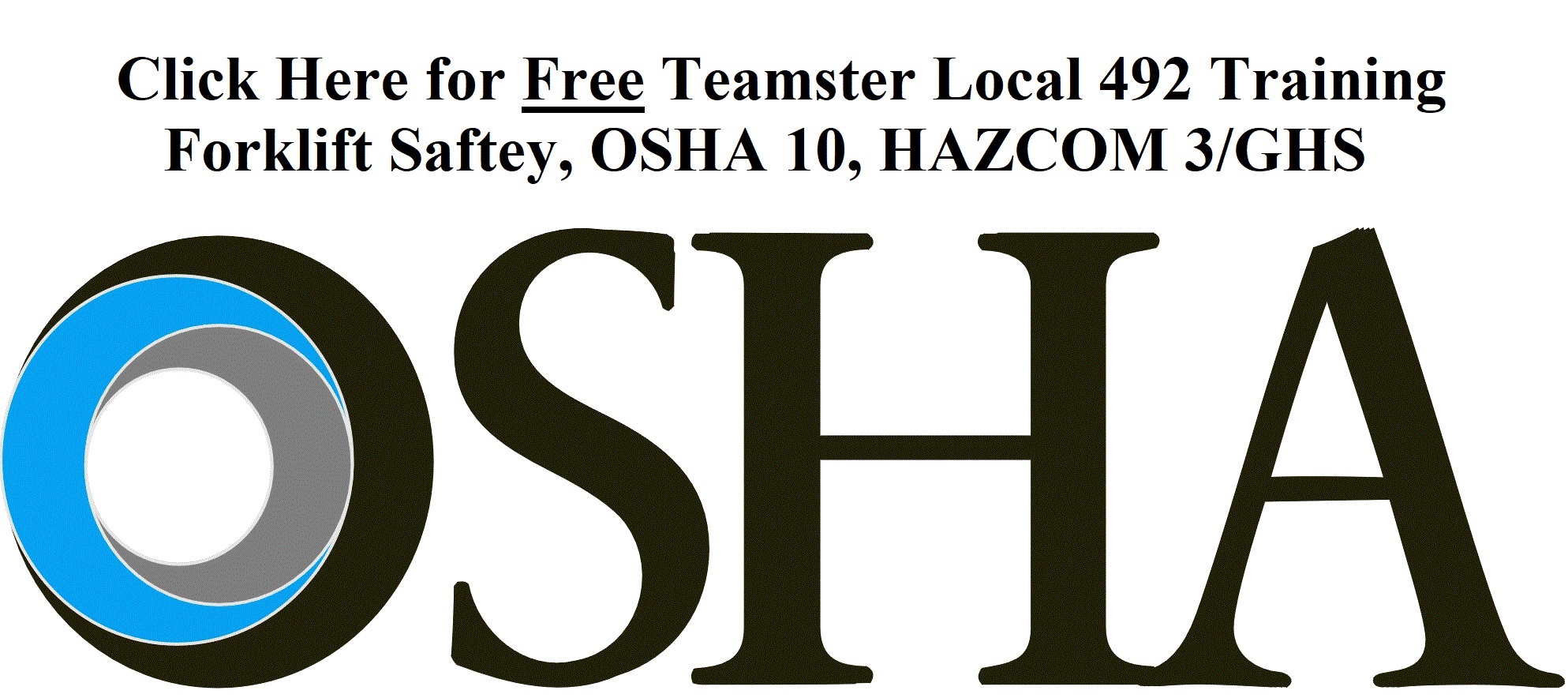
Teamsters Local 492 will be conducting a Forklift Safety Certification Class (1 Day Course) and will also hold separate classes for OSHA 10 (2 Day Course) along with the Haz-Com/GHS (3 hour refresher). Only online registration will be accepted, to register, Click HERE. Members that live in the Northern NM area will be given priority for the Española classes, and all others will be given priority in the Albuquerque classes.
If you only need the Haz-Com/GHS refresher please check the box for only the date you wish to attend the refresher. If you need to take the OSHA 10 Class you will be required to also attend the Haz-Com/GHS refresher. To register, Click HERE (You must login to register and only online registration will be accepted) If you need a login, CLICK HERE. You must be an active 492 member.
Classes for Albuquerque will be held at Teamsters Local 492 Union Hall, 4269 Balloon Park Rd Ne, 87109. The attendees of the Española classes will be notified via email of the specific location. If you have any questions, please contact Trey White at the Local Union office at 344-1925 Ext. 15.
|
|
|
| |
|
Film Week starts today with the Tune Up Tuesday mixer from 5:30-7 pm at the Hotel Santa Fe. Representative Bill McCamley will be present to discuss the NM House Labor & Economic Development Committee's options around the incentives program.
You can pick up your Film Week and Santa Fe Film Festival passes by registering at the Hotel Santa Fe Library from 1-5 pm tomorrow.
**Film & TV Day at the Roundhouse is a week from today (Monday Feb 12). Teamsters Local 492 will have a table set up. Make sure to come by and say HI.
Take a moment to look up your legislator's so you can plan to stop by their office and thank them for supporting the NM Movie Industry. You can find the entire listing at:
https://www.nmlegis.gov/Members/Find_My_Legislator
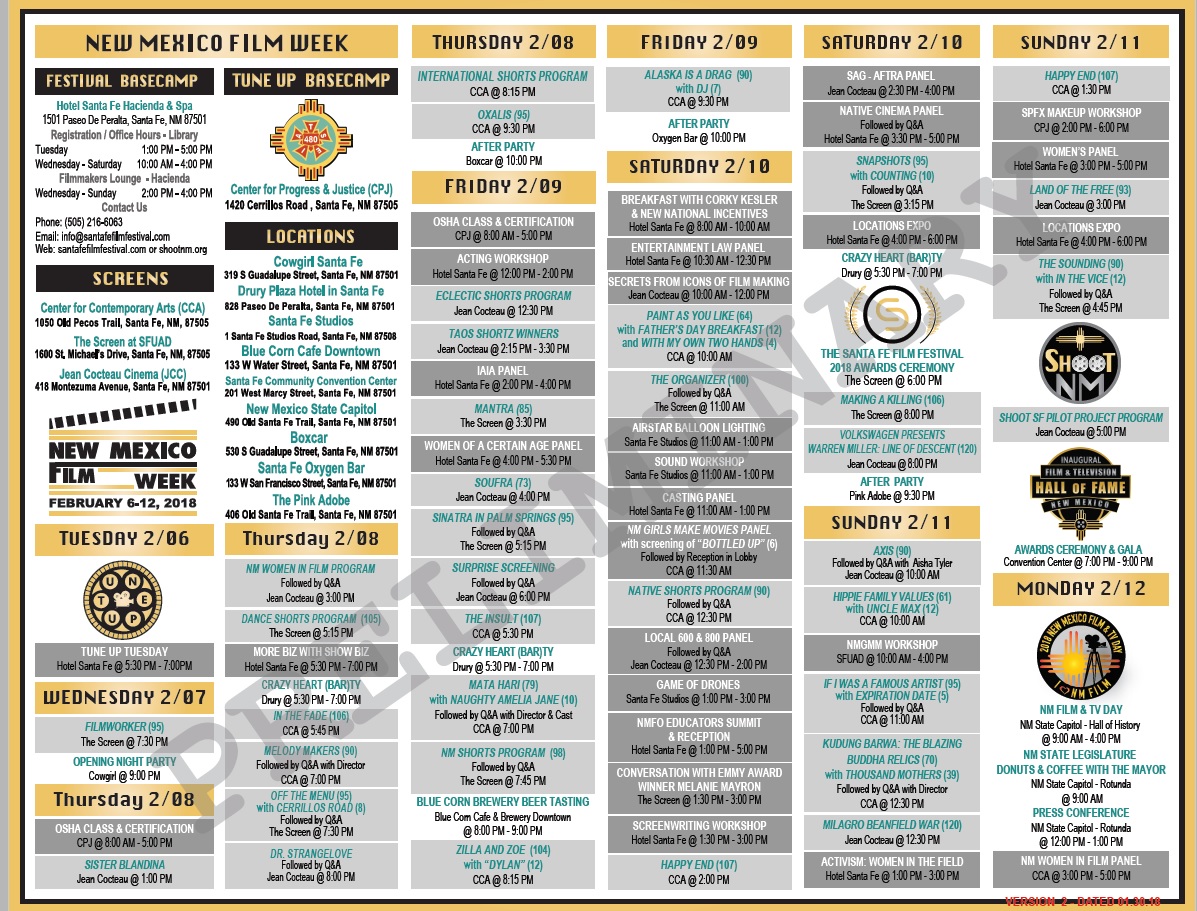
|
Download:
 2018_Film_week_schedule.pdf 2018_Film_week_schedule.pdf
|
|
|
